Content Platform Decision Guide
Student feedback from Fall 2024 highlighted that our website can feel content-heavy, dense, confusing, and overwhelming. We aim to reduce cognitive load on our website and where content goes between our main website (Drupal) and LibGuides can help.
Main Website (Drupal) Best For:
LibGuides Are Best For:
Key Differences to Consider:
Ask Yourself:
If you answered "yes" to these questions, consider creating a LibGuide rather than adding to the website.
Write for all readers. Some people will read every word you write. Others will just skim. Help everyone read better by grouping related ideas together and using descriptive headers and subheaders.
Focus your message. Create a hierarchy of information. Lead with the main point or the most important content, in sentences, paragraphs, sections, and pages. Place the essential information at the top of the page.
Be concise. Keep your sentences short and clear. Avoid unnecessary modifiers. Cut the fluff.
Be specific. Avoid vague language.
Be consistent. Stick to the style points outlined in this guide.
All writing should use a consistent tone that is friendly, conversational, and direct. Avoid overly formal and academic language.
Use the active voice. Avoid passive voice. Words like “was” and “by” may indicate that you’re writing in a passive voice.
Bad: Video chat rooms can be reserved by students.
Good: Reserve a video chat room for your interview.Bad: Copies of the libraries' newsletter can be found on the About page.
Good: You can find copies of our newsletter on the About page.
Use “we” and “you” when referring to the Libraries and your audience respectively.
Keep in mind that there is no typical UAlbany Libraries’ patron. The Library community represents many users with varying research skill levels. Please keep this in mind when you are writing content for the website. Some, but not all, could fall under one or more of the following categories:
Undergraduate students
Graduate students
Alumni
Faculty
Staff
Visiting scholars
Community members
People with advanced research skills/People with no research experience
People with advanced web skills/People with no web experience
Some people might have extensive research skills but little web experience, or vice versa
Users with visual, hearing, motor, or cognitive impairments

